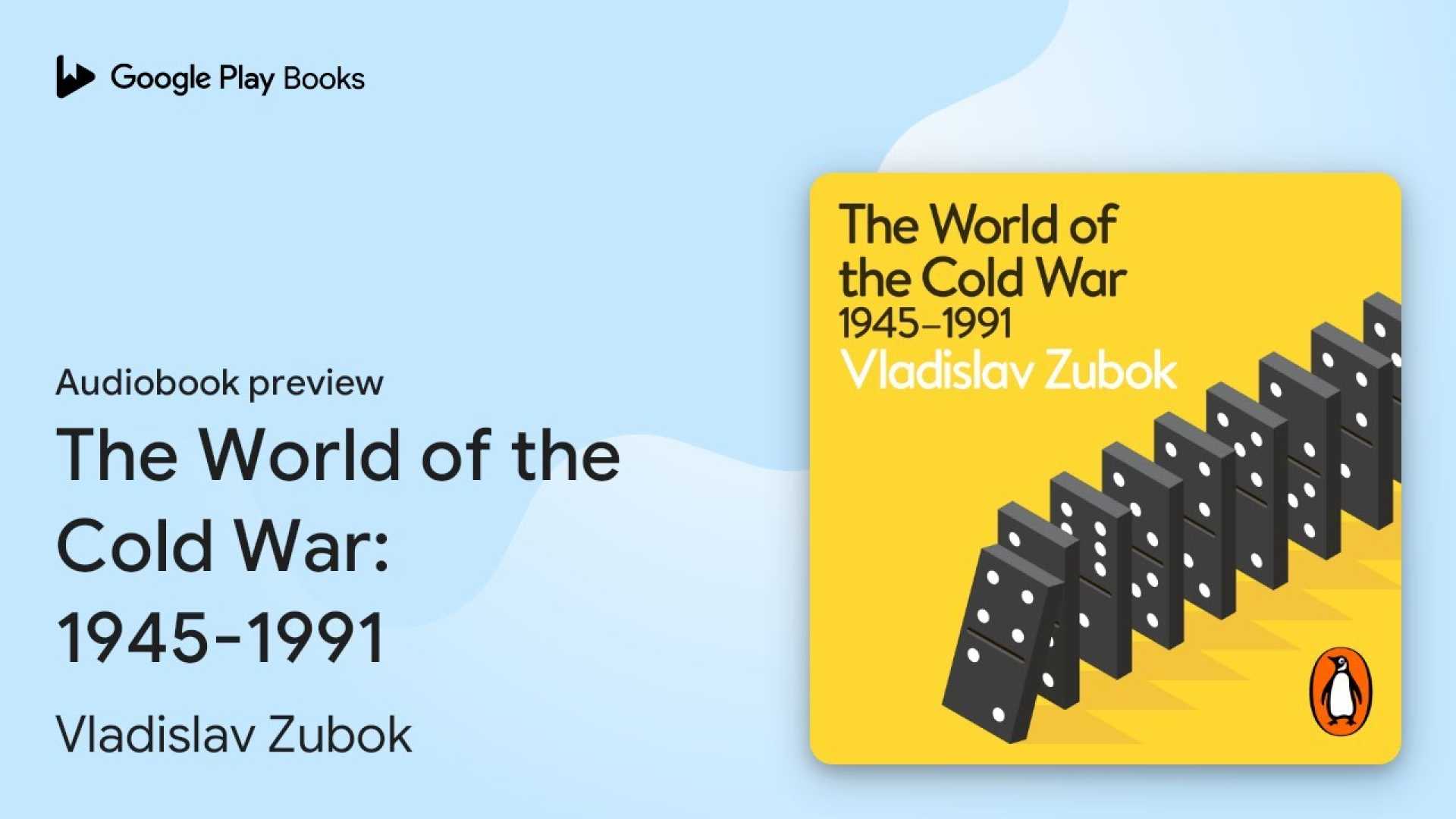Politics
Zubok’s Cold War History Highlights Chance Over Character

London, England – Historian Vladislav Zubok argues that chance shaped the Cold War more than individual characters, exploring this view in his latest book.
Published during a time of renewed interest in Cold War dynamics, Zubok’s work builds on decades of research into the conflict between communism and capitalism. He notes that the actions of leaders often stemmed from unexpected circumstances rather than predetermined ideologies.
In his book, Zubok reflects on the relationship between prominent figures like Mikhail Gorbachev and Vladimir Putin. He points out that Gorbachev’s idealism starkly contrasts with Putin’s pragmatic focus on power.
“It remains an enigma why it did not corrupt Gorbachev enough,” Zubok said, raising questions about the moral fabric of leaders during tumultuous times.
Putin’s early experiences as a KGB agent in East Germany shaped his worldview. He witnessed Moscow’s silence during protests against the regime, leading to his belief that the Soviet Union’s downfall resulted from a failure to maintain control.
Zubok also criticizes Soviet leaders who emerged from Stalin’s purges, like Nikita Khrushchev and Leonid Brezhnev, labeling them as weak and self-serving. However, he praises Yuri Andropov for his intellect, despite his short leadership tenure due to health issues.
As tensions rise in Ukraine, parallels to Cold War conflicts prompt historians to reevaluate the lasting impact of that era. Zubok’s assessment presents a more nuanced understanding of history that emphasizes unpredictability and the complexities of political decisions.
In a broader context, Zubok’s narrative serves as a fresh examination of the Cold War, moving beyond simplistic interpretations to reveal the intricate web of chance that shaped global events.












